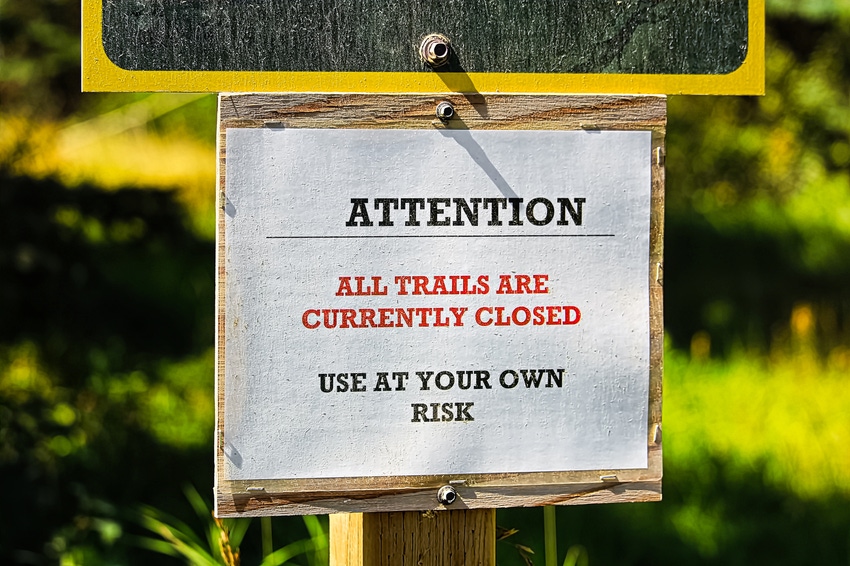US takes technology battle up a notch with ZTE export ban
The US Department of Commerce’s Bureau of Industry and Security (BIS) has imposed a denial of export privileges order against ZTE, after coming to the conclusion it lied to the committee on numerous occasions.
April 16, 2018

The US Department of Commerce’s Bureau of Industry and Security (BIS) has imposed a denial of export privileges order against ZTE, after coming to the conclusion it lied to the committee on numerous occasions.
The false statements allegedly occurred while the US was investigating ZTE exports to Iran and North Korea, a bit of business which landed the firm in hot water to start with, collecting a $1.2 billion fine in the process, but buying US components, incorporating them into ZTE equipment and shipping them to the countries was not something which was accounted for in the original punishment.
As part of the original settlement with the US, ZTE agreed to a seven year suspended denial of privileges sentence. This probation period has now been violated after the three instances of false statements were unearthed. The company will now be banned from incorporating any commodity, software or technology from US companies in any of its products.
“ZTE made false statements to the US Government when they were originally caught and put on the Entity List, made false statements during the reprieve it was given, and made false statements again during its probation,” said Secretary of Commerce Wilbur Ross Jr.
On top of the false statements regarding US components, Ross also claims ZTE did not live up to promises when it came to firing or disciplining employees who were directly involved with the initial complaint. Four senior managers and 35 members of staff were supposed to either be shown the door or had their bonuses removed, though the firm apparently paid the full amount to the nefarious employees further infuriating Ross.
While choking the ZTE supply chain is another step towards full-scale trade war between the US and China, this is not the only PR battle being faced by ZTE. In a letter seen by the FT, Ian Levy, Technical Director of The National Cyber Security Centre in the UK, has written to UK telcos, ZTE and Ofcom warning of the dangers of using ZTE products and services.
“Mitigating the risk of external interference with equipment supplied by a particular vendor depends in significant part on telecommunications equipment being present from other vendors who are not subject to the same risk of external interference,” the letter reads.
“The UK telecommunications network already contains a significant amount of equipment supplied by Huawei, also a Chinese equipment manufacturer. Adding in new equipment and services from another Chinese supplier would render our existing mitigations ineffective.”
The National Cyber Security Centre, which is part of the GCHQ (home of the UK’s spooks), currently monitors Huawei equipment to ensure the prying eyes of the Chinese government are kept off sensitive matters and information, but the inclusion of ZTE infrastructure would add too much to the workload of paranoia. While this should not be viewed as an official ban in the UK, it will make it significantly more difficult for the firm to do business on the British Isles. It might also be the first steps through the bureaucratic box ticking mission to officially ban ZTE.
The ban in the US should not really come as a surprise to anyone as steps have been taken over the last few months to make it as unattractive, or illegal, to do business with Chinese firms. The protectionist and isolation agenda in the White House has been set, so we suspect officials were looking for any reason whatsoever to slap further difficulties on the ZTE table. What probably didn’t help the situation was a Bloomberg report claiming the Chinese government was imposing a more direct influence on its tech giants and investment funds by installing Communist Party committees within the organizations.
The UK will be less of a concern for ZTE, as its presence within the Isles is less prominent than elsewhere, though there are plans to expand. ZTE and BT have had a partnership in place since 2007, though it has been expanded in recent years in BT’s research centre at Adastral Park in Martlesham and at ZTE’s research centre in China. Some might also be a bit surprised about Levy’s actions, though when you consider the UK is trying to brown-nose its way into favour with the US government ahead of Brexit isolation, the two announcements coinciding makes much more sense.
About the Author(s)
You May Also Like








.png?width=300&auto=webp&quality=80&disable=upscale)


_1.jpg?width=300&auto=webp&quality=80&disable=upscale)


.png?width=800&auto=webp&quality=80&disable=upscale)